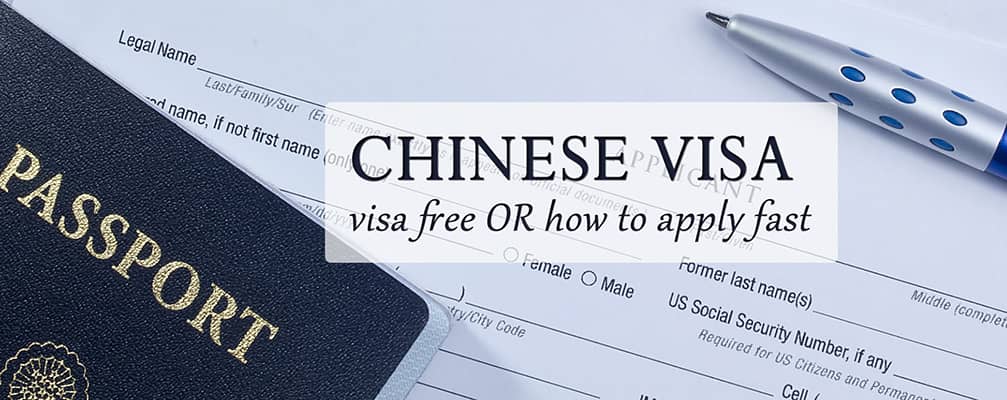Typically, you can collect your visa within 4 working days of submitting your application. When collecting your visa, you need to pay the corresponding visa application fee. Please note that visa processing times may be reduced in emergencies, so plan your trip in advance. Here are the Chinese visa costs for the US, Canada, UK and Australia:
USA:
Single-entry visa (L visa): USD 140
Multiple entry visa (M visa): USD 140
Long-term multiple entry visa (Q1/Q2 visa): USD 140
Emergency service fee: USD 30
Canada:
Single-entry visa (L visa): 100 Canadian dollars
Multiple entry visa (M visa): CAD 150
Long-term multiple entry visa (Q1/Q2 visa): CAD$150
Emergency service fee: $30 CAD
U.K:
Single entry visa (L visa): £151
Multiple entry visa (M visa): £151
Long-term multiple entry visa (Q1/Q2 visa): £151
Emergency service fee: £27.50
Australia:
Single entry visa (L visa): AUD 109
Multiple entry visa (M visa): AUD 109
Long-term multiple entry visa (Q1/Q2 visa): AUD 109
Emergency service fee: AUD 28
As an experienced Yiwu sourcing agent, we have provided many customers with the best one-stop export services, including sending invitation letters, arranging visas and accommodation, etc. If you have needs, you can contact us!

Comments